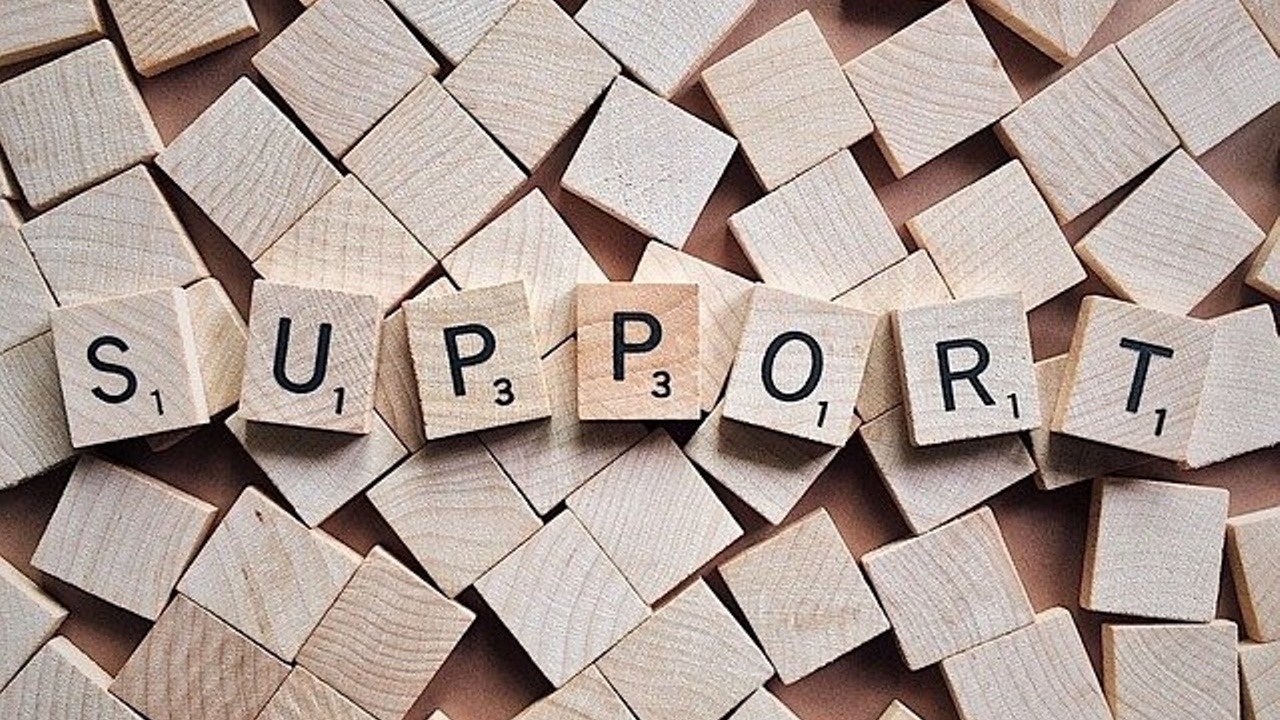How to Help Kids with "Friendship Triangles"
Mar 11, 2021
Asking for Help ... It's a Super Power
Feb 26, 2021
Do This At the End of Every Relationship
Oct 29, 2020
Why Do People Turn to Drugs and Alcohol?
Oct 15, 2020
Positive Thinking Is Rubbish (Sometimes)
Oct 11, 2020
The Ten Words to Stop an Argument
Oct 07, 2020












